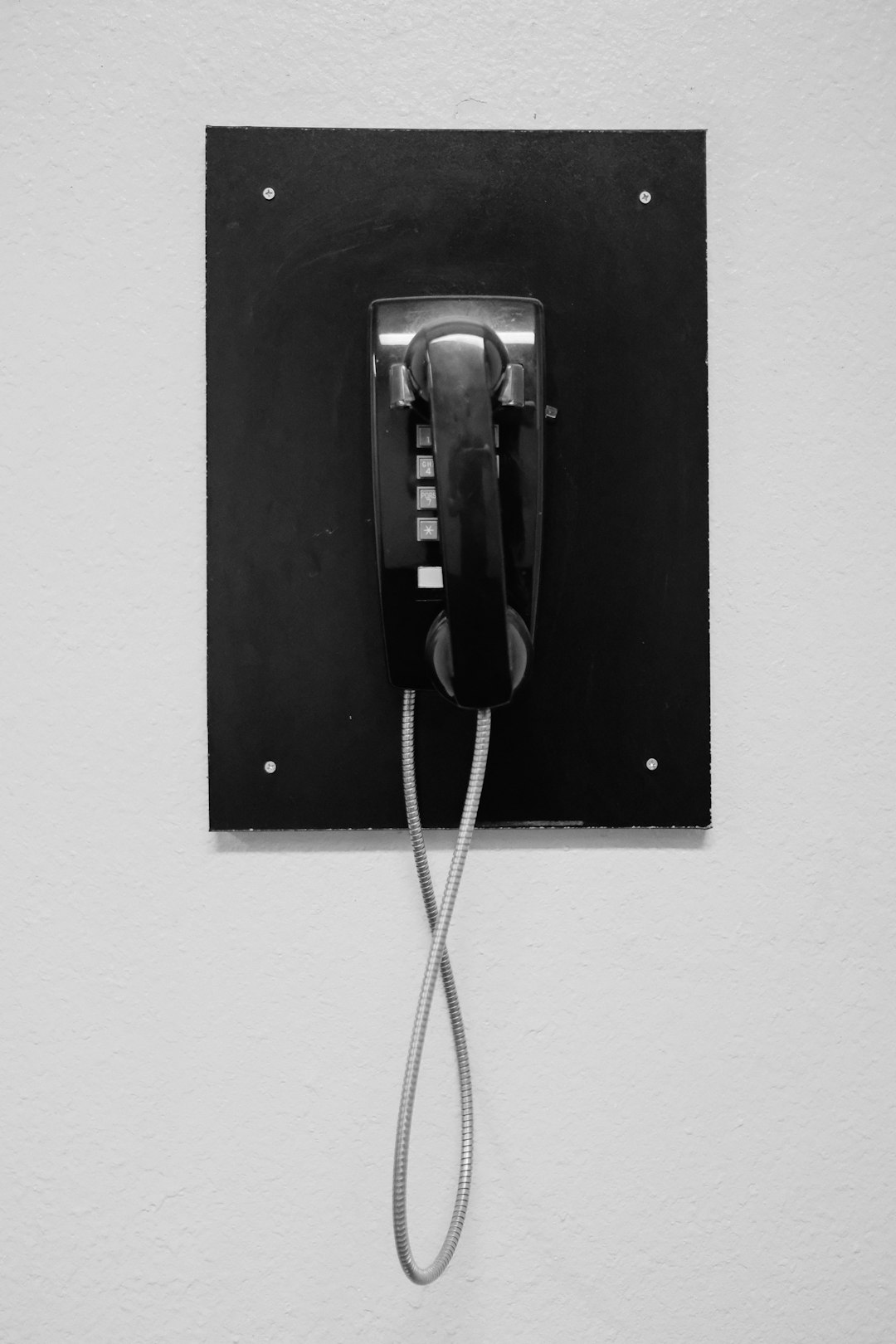In Texas, repeated debt collector calls are protected by the Fair Debt Collection Practices Act (FDCPA). Assertively communicate your rights and keep records. Consult a debt collector Attorney Texas to navigate laws, address violations, and pursue legal action via CFPB complaints or private lawsuits for harassment cessation and financial recovery.
In Texas, understanding your rights against persistent debt collector calls is essential. With the rise of debt collection practices, knowing state laws can protect you from unfair treatment. This article guides you through Texas regulations, empowering you to take action.
Learn about your rights to stop repeated calls and the legal avenues available if a debt collector violates these rules. Arm yourself with knowledge and consult a debt collector attorney in Texas for expert guidance.
Understanding Texas Laws on Debt Collection

Understanding Texas Laws on Debt Collection
In Texas, debt collectors are subject to strict regulations designed to protect consumers from aggressive and harassing collection practices. The Texas Fair Debt Collection Practices Act (TFDCPA) outlines specific guidelines that debt collectors must adhere to when contacting individuals about outstanding debts. This includes prohibiting abusive, oppressive, or deceptive acts or language, ensuring collectors provide proper identification, and respecting consumers’ privacy rights.
If you’re facing repeated calls from debt collectors in Texas, it’s crucial to understand your rights. A debt collection attorney in Texas can help navigate the complexities of these laws, ensuring that your rights are protected and that any communication from collectors adheres to the established legal framework. This not only prevents further harassment but also provides a clear path for resolving debt-related issues effectively.
Your Rights When Facing Repeated Calls

When facing repeated calls from debt collectors in Texas, it’s crucial to understand your rights. According to the Fair Debt Collection Practices Act (FDCPA), debt collectors must abide by specific rules when contacting consumers. They are prohibited from making harassing or abusive calls, using false or deceptive statements, and contacting you at unreasonable times or places. If a debt collector violates these regulations, you have the right to take action. Consulting with a debt collector attorney in Texas can help you navigate your options, which may include filing a complaint with the Consumer Financial Protection Bureau (CFPB) or seeking legal recourse to stop the relentless calls.
Your communication with debt collectors should be clear and assertive. You can inform them that their calls are unwanted and demand that they cease contacting you. It’s also advisable to keep records of all interactions, including dates, times, and a log of what was said. These documents can be invaluable if you decide to take legal action against the debt collector. Remember, knowing your rights is the first step towards protecting yourself from unfair or abusive collection practices, ensuring peace of mind in navigating your financial obligations.
Legal Action Against Unfair Debt Collectors

If you’re facing repeated unwanted calls from debt collectors in Texas, it’s crucial to understand your rights and available legal actions. The Fair Debt Collection Practices Act (FDCPA) protects consumers from abusive, unfair, or deceptive practices by debt collectors. In Texas, a debt collector Attorney can help you navigate these laws and take appropriate action if your rights are violated.
Legal action against unfair debt collectors may include filing a complaint with the Consumer Financial Protection Bureau (CFPB) or seeking damages through a private lawsuit. A qualified Texas debt collector Attorney can assess your situation, gather evidence of harassing calls, and advise you on the best course of legal action to stop repeated calls and recover any financial losses incurred due to the collector’s unethical practices.






